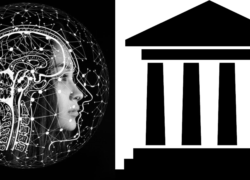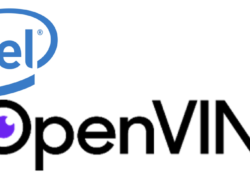Many Life Sciences organizations are using digital technologies to meet the needs and expectations of patients. These technologies help treat and manage diseases in new ways. HPC and AI solutions are at the forefront of this. They are needed to accelerate breakthroughs in large-scale genomics.
Genomics is a sub-discipline of molecular biology that focuses on the storage, function, evolution, mapping, and editing of genomes. It is a vital and growing field because it can improve the lifestyle and outcomes for patients. In the next five years, the economic impact of genomics is estimated to be in the hundreds of billion to a few trillion dollars a year.
Next-generation Sequencing (NGS), Translational and Precision Medicine
High-performance computing (HPC) and Artificial Intelligence (AI) are essential for Genomics primarily because they help speed up NGS which processes and reduces the amount of raw data into a usable format. NGS helps determine the sequence of DNA or RNA to study genetic variations associated with diseases or other biological phenomena.
After this NGS step, it is important to establish the relationship between genotypes to understand the influence individual DNA variances have on disease and medical outcomes. This is Translational medicine. The final step is Precision or Personalized medicine which customizes disease prevention and treatment for an individual based on their genetic makeup, environment, and lifestyle. This last step uses all the data collected using HPC and AI technology to create a personalized approach for the patient.
How HPC and AI help accelerate genomics
Genomics is difficult, but new HPC technology is making this process easier. NGS deals with complex algorithms that require a lot of memory to assemble and solve. HPC and AI solutions help speed up this process and make it cheaper and more accurate. Using the cloud and new IT solutions, data sequence analysis also becomes easier and can be done at a much larger scale.
Translational medicine requires HPC solutions that can process a lot of data efficiently. This step looks for relationships between a lot of genes, DNA, and diseases and makes it possible to provide personalized treatment for a patient.
HPC and AI are game changers in life sciences. They make genomics easier and faster for healthcare providers, so they can provide highly effective personalized care for their patients. We expect HPC and AI in Life Sciences to continue grow even more rapidly especially in the post-COVID-era by enabling breakthroughs in vaccines, personalized medicine, and healthcare.
You can learn more by reading this Hewlett Packard Enterprise and NVIDIA whitepaper that Cabot Partners recently helped create.









